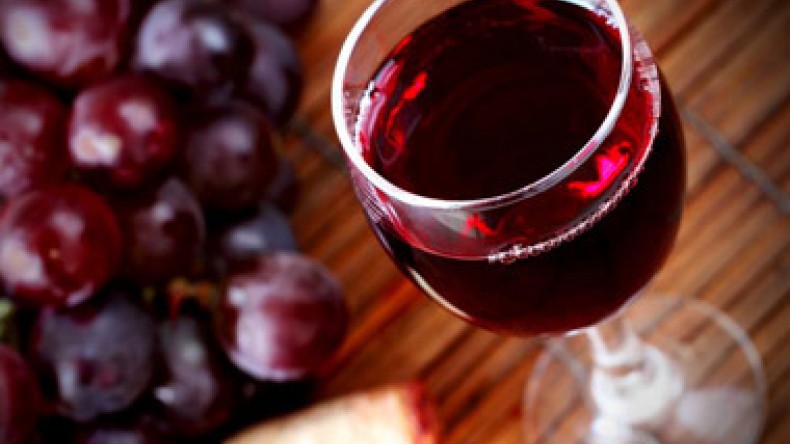
New study goes against everything you've ever heard about red wine's benefits
Evidence has shown that resveratrol, an antioxidant found naturally in the skin of red grapes, can help prevent heart disease by increasing “good” cholesterol levels and preventing damage to arteries. Although studies verifying the heart healthy effect of resveratrol have been received warmly by red wine drinkers, doctors still don’t recommend downing the alcohol to fix your ticker, Medical Daily reports.
A recent study conducted at Queen’s University in Canada suggests that resveratrol may actually hinder the advantageous effects of a regular exercise routine. Researchers involved with the study readily admit that due to a small sample size, further research will be needed to corroborate their findings, but with so much research backing up the healthy benefits of resveratrol, how can an opposing study hold up? And if so, do the positives outweigh the negatives?
“The easiest way to experience the benefits of physical activity is to be physically active,” Dr. Brendan Gurd, a professor in the School of Kinesiology and Health Studies at the university, said in a statement. “The efficacy of RSV at improving metabolic and cardiovascular functions is not as profound as was once thought.”
Gurd and his colleagues administered daily doses of resveratrol or a placebo to 16 physically active men participating in the study. Participants engaged in less than three hours of aerobic exercise per week at the time of study enrollment and were asked to perform High-Intensity Interval Training (HIIT) three times per week for a period of four weeks.
At the end of the four weeks of HIIT and supplementation, the research team concluded that resveratrol had hindered the effects of physical activity. While men in the placebo group experienced certain benefits associated with exercise, men in the resveratrol group did not show any improvements during their four-week HIIT regimen.
“The results we saw suggest that concurrent exercise training and RSV supplementation may alter the body’s normal training response induced by low-volume HIIT,” Gurd added. “The data set we recorded during this study clearly demonstrates that RSV supplementation doesn’t augment training, but may impair the affect it has on the body.”
In addition to heart health, past studies have shown that resveratrol can also protect us from a range of different health complications. For example, researchers from the University of Leicester Department of Cancer Studies and Molecular Medicine recently found that a little vino can help deter the growth of cancerous cells. A similar study conducted at the University of East Anglia in the UK revealed that another antioxidant found in red wine, flavonoids, can protect against type 2 diabetes development.
Newsfeed
Videos






























